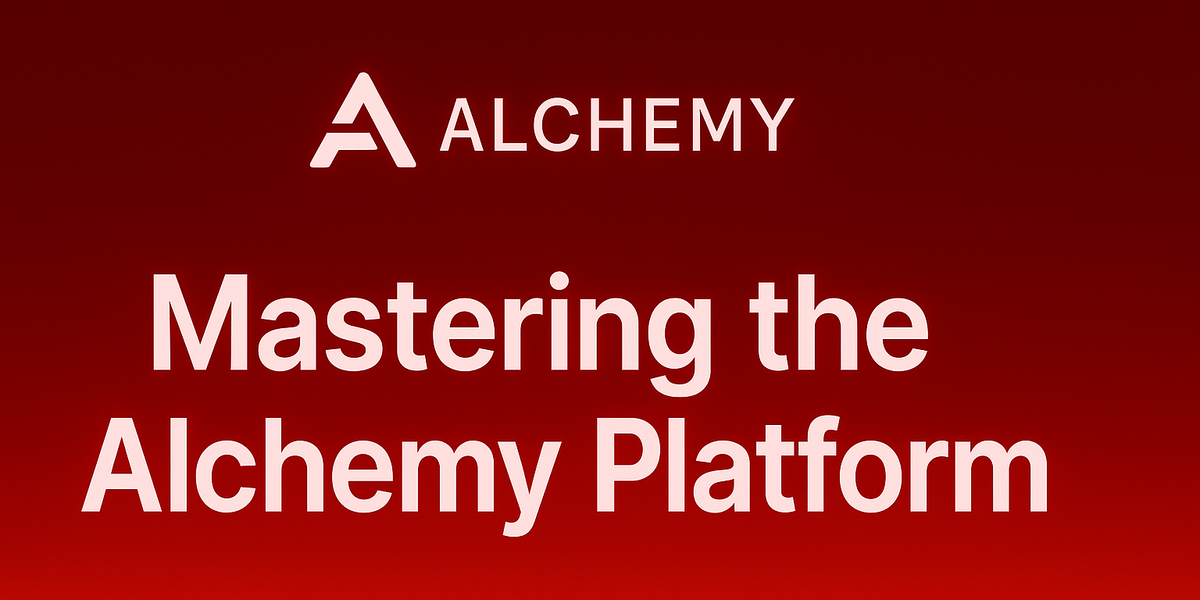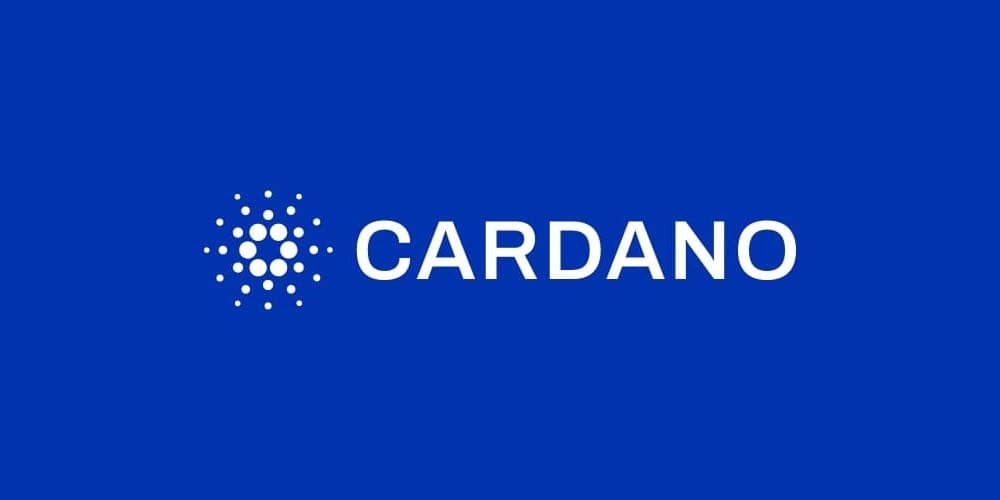Decentralized Finance (DeFi) platforms have significantly transformed global trading by creating an inclusive and open financial ecosystem. These platforms enable seamless, permissionless transactions while fostering innovation within the crypto space. However, as DeFi adoption increases, so do the risks associated with transaction security. One major concern is the growing threat of Miner Extractable Value (MEV) bot attacks, which exploit users by manipulating transaction order execution. These attacks allow malicious entities to gain an unfair advantage, leading to financial losses for unsuspecting traders. Recognizing the urgency of this issue, Bitget Wallet has taken a proactive stance by upgrading its multi-chain MEV protection. This enhancement sets a new benchmark in transaction security, offering robust defense mechanisms designed to protect users across multiple blockchain networks.
Understanding MEV Attacks in DeFi
MEV attacks have become a critical challenge in the DeFi space, targeting blockchain transactions through malicious trade reordering. By exploiting the sequence in which transactions are added to the blockchain, attackers can manipulate asset prices, creating unfair market conditions. Techniques such as front-running—where bots detect pending transactions and place higher-priority transactions beforehand—and sandwich attacks, which artificially inflate prices before offloading assets at peak values, are commonly employed. This activity not only distorts fair pricing but also results in inflated gas fees, increasing transaction costs for all participants. A notable instance of such exploitation occurred on Uniswap v3, where an unsuspecting trader lost a staggering $215,000 to an MEV bot, while the attacker walked away with an $8,000 profit. These events highlight the urgency of implementing effective security measures within DeFi ecosystems.
Bitget Wallet's Security Enhancement
To effectively mitigate these vulnerabilities, Bitget Wallet has introduced comprehensive MEV protection upgrades. These enhancements offer a seamless and inclusive approach to security, ensuring traders receive optimal protection without complex configuration. Key upgrades include:
- Default MEV Protection Activation: Users are automatically shielded from MEV threats, eliminating the need for manual adjustments or security settings.
- Multi-Chain Support: The protection framework spans key blockchain networks, including Ethereum, BNB Chain, Polygon, and Solana, ensuring wide coverage for DeFi traders.
- Integration with Flashbots: Through the incorporation of Flashbots' MEV-Share protocol, Bitget Wallet introduces equitable transaction execution, redistributing a portion of MEV earnings back to users.
- Protection Against Transaction Front-Running: Unethical liquidity pool manipulations and predatory price distortions are prevented, promoting an environment of fair trading.
- Gas Fee Optimization: By addressing excessive fee inflation caused by bidding wars, users benefit from more predictable and cost-effective transaction experiences.
Industry Comparison and Implications
While several blockchain platforms have introduced MEV protection features, Bitget Wallet’s security model stands out due to its seamless user experience. Unlike alternatives that require manual opt-in processes, Bitget Wallet streamlines security by having MEV protection enabled by default. This eliminates friction for users and provides a hassle-free approach to securing transactions. Furthermore, Bitget Wallet’s strategic partnership with Flashbots plays a pivotal role in reinforcing on-chain privacy and decentralization. By aligning with Flashbots’ MEV-Share protocol, the wallet ensures a more equitable distribution of transaction benefits while curbing exploitative tactics. These measures contribute to a stronger DeFi landscape, enhancing fairness and transparency for all participants.
Future of MEV Protection
Bitget Wallet’s continuous investment in advanced security frameworks underscores an emerging industry-wide emphasis on transaction fairness. With a growing commitment to security, the wallet is forging new partnerships and expanding multi-chain integrations to fortify its defensive layers. As the MEV threat landscape evolves, blockchain services must adopt a proactive stance—leveraging cutting-edge technologies to outpace bad actors. Over time, we can expect broader industry adoption of sophisticated MEV mitigation techniques, further reinforcing trader confidence in DeFi platforms. By consistently innovating, Bitget Wallet is helping shape the future of secure decentralized trading.
Conclusion
By upgrading its MEV protection capabilities, Bitget Wallet reaffirms its dedication to fostering a secure and equitable DeFi ecosystem. Through the automation of protective measures, incorporation of Flashbots technology, and multi-chain interoperability, the platform sets a new precedent for blockchain security. These developments not only shield traders from malicious MEV tactics but also enhance overall trust within DeFi ecosystems. As security remains a core focus, Bitget Wallet’s efforts serve as a trailblazer for further innovations in blockchain transaction protections, ensuring that traders enjoy a more transparent and secure trading environment.





Comments